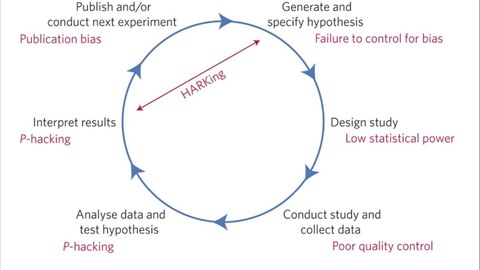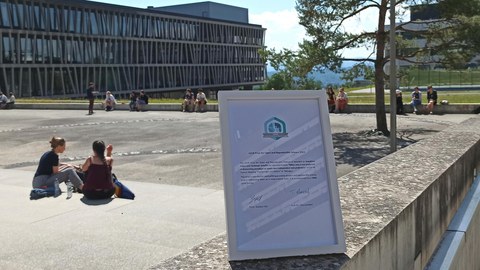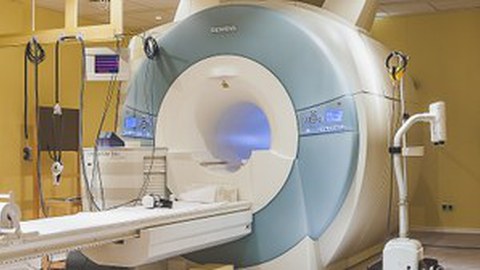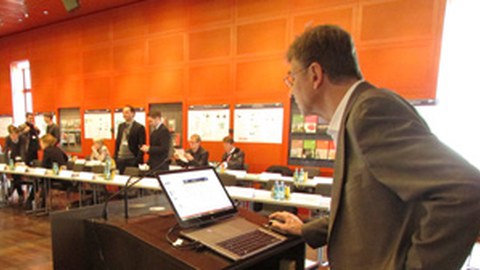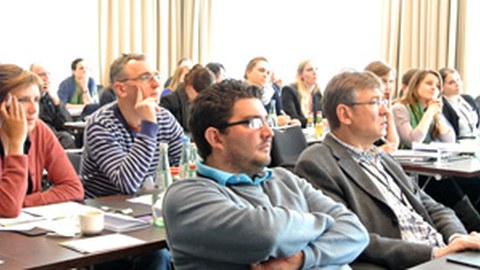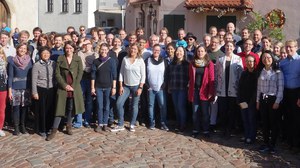
Welcome to the CRC 940!
Which cognitive mechanisms and neural systems underlie the ability to exert volitional control over one’s actions and emotions? How is volitional control modulated by emotions and stress? Why does volitional control break down in daily self-control failures as well as in mental disorders such as addiction?
These are some of the core questions that are investigated in the Collaborative Research Centre (CRC) “Volition and Cognitive Control”. The Centre that is funded by the German Science Foundation (DFG) combines expertise from experimental psychology, cognitive-affective neuroscience and neuroimaging, clinical psychology, psychiatry neurology to investigate mechanisms, modulators, and dysfunctions of volitional control on psychological and neural levels of analysis. The ability to exert volitional control over one’s actions and emotions is an essential precondition for personal autonomy and one of the most impressive, yet least understood capacities our brains endow us with. The fundamental importance of this capacity becomes especially obvious when it breaks down and individuals act contrary to their long-term intentions, as, for instance, in addiction, which is characterized by a progressive loss of control despite awareness of the adverse consequences of one’s behavior. Despite substantial progress in the past decade, fundamental questions concerning volitional control remain unresolved. Based on an integrative theoretical framework the CRC investigates mechanisms, modulators, and dysfunctions of volition and cognitive control. It also comprises an Integrated Research Training Group that offers an interdisciplinary PhD program to support the academic career and early scientific independence of PhD students in the CRC.
The CRC strengthens and expands the TU Dresden Research Priority Area I (Health Sciences, Biomedicine and Bioengineering) with a focus on the psychology and cognitive neuroscience of volitional function and dysfunction. The Centre builds on a dense cooperative network between the Department of Psychology and the Medical Faculty Carl Gustav Carus and entertains close collaborative ties to the Charité Berlin and the Bernstein Center for Computational Neuroscience in Berlin. Based on this interdisciplinary network, the CRC strives to not only to advance our understanding of basic mechanisms underlying human volition, but in the long term to lay foundations for improved prevention and therapy of volitional impairments in mental disorders.

